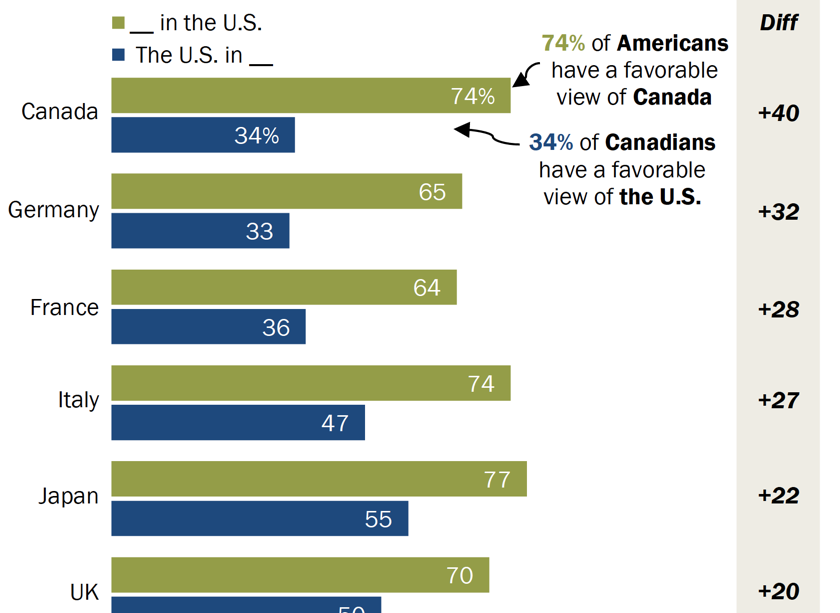Understanding the G7 Countries and Their Global Impact

Introduction
The Group of Seven (G7) is an intergovernmental organization consisting of seven of the world’s largest advanced economies: Canada, France, Germany, Italy, Japan, the United Kingdom, and the United States. Established in the 1970s, the G7 serves as a platform for discussing and coordinating economic policy, addressing global challenges, and advancing democratic values. As the world continues to face a multitude of pressing issues—from climate change to economic inequalities—the G7 remains a pivotal player in fostering partnerships and implementing solutions.
Recent Events and Developments
In 2023, the G7 leaders convened in Hiroshima, Japan, where they focused on multiple challenges, including ongoing geopolitical tensions, the implications of Russia’s invasion of Ukraine, and the urgent need for climate action. They reaffirmed their commitment to reducing global carbon emissions and transitioning to renewable energy sources, aiming to contain the global temperature rise to below 1.5 degrees Celsius, in compliance with the Paris Agreement.
The summit also highlighted the importance of strengthening global supply chains, particularly in the critical minerals sector vital for technological advancements and clean energy. To that end, the G7 nations pledged to enhance cooperation in trade and investment, collectively addressing economic vulnerabilities exposed during the COVID-19 pandemic.
Significance and Future Outlook
The significance of the G7 countries extends beyond economic discussions; they also play a key role in addressing global health issues, such as the ongoing recovery from the coronavirus pandemic. The G7 leaders have committed to bolstering health systems globally, ensuring equitable access to vaccines and healthcare resources.
As the geopolitical landscape evolves, experts predict that the G7 will continue to adapt, with increased public scrutiny and demands for transparency. Future summits are likely to place even more emphasis on collaboration with emerging economies and other international organizations like the G20, aiming to respond to global challenges holistically.
In conclusion, the G7 countries wield significant influence on economic and political matters that impact every corner of the globe. Their continued collaboration is vital for finding solutions to shared challenges, which may shape future developments in international relations and global governance.









